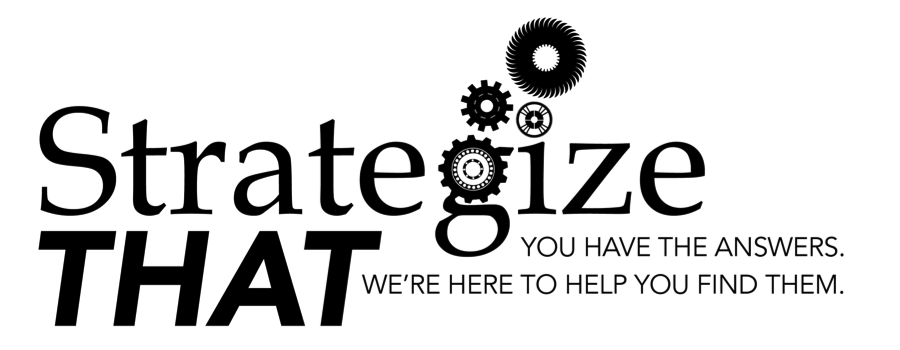Start With Your Network
One thing candidates often struggle with is who to ask for an informational interview. To put it simply, you should start with the people you know. “If you are in college or more junior in your career, ask your family and family friends to help connect you,” suggests Lori Scherwin, founder of StrategizeThat. “As you get more senior, leverage current colleagues, former colleagues and others up and down the value chain of the industry you are looking to get into.”
If you want to reach out to someone but don’t know them directly, try to have a mutual contact introduce you. “Cold emails are possible, but your ‘hit rate’ goes up if you get an introduction,” Scherwin says.
Lastly, don’t be shy. “All too often, people don’t reach out — when they have so many people who could help them — out of fear of looking uninformed, desperate or needy,” Scherwin notes. “But more often than not, these fears are unfounded. People actually enjoy helping others, and it’s likely that the person you want to talk to has used that approach in their career as well.”
Don’t Go in Cold
Just like a job interview, you need to do some prep work for an informational interview. “First and foremost, figure out what you are hoping to accomplish,” says Natalie Ledbetter, VP of People Operations at Stash. What do you want to learn in this meeting? “From there, come to the table with questions and a very solid understanding of the business, products and services that the company offers.” Your questions should be thoughtful and reference projects and news you’ve read about the company to show genuine interest, she says.
Make sure your questions are specific, too. “There is nothing worse than wasting someone’s time who is trying to help you,” Scherwin says. “Don’t show up and say ‘okay, tell me everything.’ Have targeted questions, and do your homework.”
Establish a Relationship
During the actual interview, don’t just ask questions and wait for responses. “Focus on more than just content; use the time to build a relationship,” Scherwin recommends. “While you are there asking questions, you still have the opportunity to make a great impression through your professionalism.” If you see an opportunity to contribute your expertise to the conversation, and you have the relevant experience to back up your comments, go for it.
That being said, don’t ask for a job right off the bat or treat the interview like a sales pitch. “If you establish a strong connection, an opportunity might unfold, but you are there to learn, not position yourself. That might be an end goal of yours, but be careful about turning an informational interview into a job referral or request.”
Remember: Relationships Go Two Ways
“As you are listening — particularly if you are more senior in your career — think about how you can give back,” Scherwin says. “Ask how you can help the person you are meeting with. Actively listen to what they tell you, and instead of just thinking about how the info affects you, think about how your background fits in with what they are saying, how you could be a valuable person for them to stay in touch with going forward or someone in your network you want to introduce them to.”
There’s no need to force it, but be mindful of the fact that the best relationships are two-way streets. “Bottom line: Treat this informational interview as relationship building rather than just information gathering. It’s both.”
Leave the Interview With Next Steps in Place
This is the key to making your informational interview useful. “Set yourself up for success by ensuring you leave that meeting with a next step already in place so you have a reason to follow up. Create it,” Scherwin says. Maybe it’s an introduction to someone else based on something from your conversation that you want to learn more about, or perhaps it’s talking to someone else on their team about their role. Maybe it’s even asking for their advice about what skills to develop to land a role at their company.
However you do it, the takeaway is the same: “Do not leave that meeting without a follow-up in place, already knowing the next reason for you to reach out.” As an added bonus, it creates a reason to write a thank-you note or email that doesn’t feel forced, which can then naturally turn into a longer, ongoing conversation.
